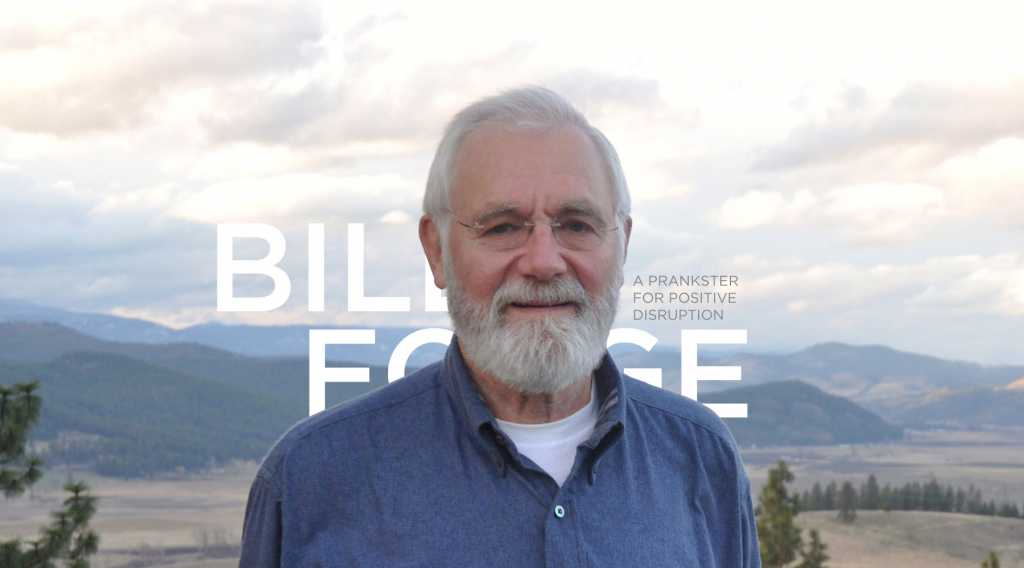Page 337 • (3,395 results in 0.13 seconds)
-
designer for various clients, including the University of Washington Tacoma. He earned an Associate of Applied Science in graphic design at The Art Institute of New York, as well as a bachelor’s in media art and animation from The Art Institute of Pittsburgh. Sam O’Hara ’16, Web/UX Designer and Animator Sam O’Hara graduated in 2003 from Western Washington University. She received her MBA at PLU in 2016, and has designed for past clients including Disney and Nickelodeon, and was Stephanie Anne Johnson’s
-
Tacoma. He earned an Associate of Applied Science in graphic design at The Art Institute of New York, as well as a bachelor’s in media art and animation from The Art Institute of Pittsburgh. Sam O’Hara ’16, Web/UX Designer and Animator Sam O’Hara graduated in 2003 from Western Washington University. She received her MBA at PLU in 2016, and has designed for past clients including Disney and Nickelodeon, and was Stephanie Anne Johnson’s manager and publicist during her time on The Voice. Guest
-
colorful fossils in stone than paintings of bugs in a book. Light glistens on the gold leaf, dancing around the illuminations with every slight pivot. The sparkling accents throughout the book represent the presence of the divine. Women and marginalized people can see their faces in the artwork. Science, anthropology, history, multiple faiths and more stand on equal ground, from the subtle use of DNA strands in the illuminations to the recurring use of Hebrew and Arabic text throughout the book. For
-
yearlong agenda expanded to an extended stay, during which she earned a degree in broadcast journalism with a minor in political science. In between academic years, Bjørhovde traveled home to work as a summer intern in Norwegian newsrooms. During her semesters at PLU, she was an active student journalist. “I value what I learned from writing for The Mast,” she said. “I value what I learned working in the TV studio.” She also had the opportunity to pick the brains of professional reporters, thanks to
-
, PLU Bio: Marit Trelstad is Professor of Constructive and Lutheran Theology at Pacific Lutheran University in Tacoma, Washington. Her scholarly work combines feminist, process and Lutheran theologies and has focused on Christology, theological anthropology, the doctrine of God, and science and religion (including economics, geoengineering and ecology). As a contributor and editor, she published Cross Examinations: Readings on the Meaning of the Cross Today (Fortress, 2006) and contributed to
-
, PLU Bio: Marit Trelstad is Professor of Constructive and Lutheran Theology at Pacific Lutheran University in Tacoma, Washington. Her scholarly work combines feminist, process and Lutheran theologies and has focused on Christology, theological anthropology, the doctrine of God, and science and religion (including economics, geoengineering and ecology). As a contributor and editor, she published Cross Examinations: Readings on the Meaning of the Cross Today (Fortress, 2006) and contributed to
-
and colleagues. Dr. Doris Geneva Stucke Doris died Dec. 22, 2017, at the age of 99. She was born in Malta, Montana, to Herbert and Esther Stucke on Jan. 31, 1918, and lived in Parkland since 1967. Her early childhood through two years of college were lived in Minnesota and Montana. She earned a nursing diploma from Sibley Memorial Hospital School of Nursing and a Bachelor of Science in nursing at The American University in Washington, D.C. She received a Master of Education in nursing from the
-

some mismatched cross-country skis, moldy tents and battered snow shoes. So two students, Eddie Espinosa ’96 and Matt Wade ’98, set out to save it. “It was just a line in the (Associated Students of Pacific Lutheran University) budget,” Espinosa said. “There was nobody really running it.” Espinosa, an exercise science major with a passion for climbing, vowed to rectify that problem. But, as a senior, he needed someone to partner with who could take the reins on this project after he graduated
-
Kernel in God’s Eye, explores her family’s one-hundred-year-old wheat farm in Nebraska, and the changing role of food, God, science, race and agriculture in society, and was a finalist for the Lukas Prize, awarded by Columbia and Harvard University’s Schools of Journalism. She lives in San Francisco.Suzanne BerneSuzanne Berne is the author of four novels: The Dogs of Littlefield, The Ghost at the Table, A Perfect Arrangement, and A Crime in the Neighborhood, which won Great Britain’s Orange Prize in
-

the editor and founder of Humanosphere , an independent online news site based in Seattle and devoted to covering aid, development, global health, poverty and the humanitarian community. Before starting Humanosphere , which was first launched as an NPR experiment based at KPLU, Tom worked for decades as the science and medical reporter for the Seattle Post Intelligencer . A Seattle native, Tom also has produced a few local plays, about the news business, and once lived in his car. Previous Post
Do you have any feedback for us? If so, feel free to use our Feedback Form.


